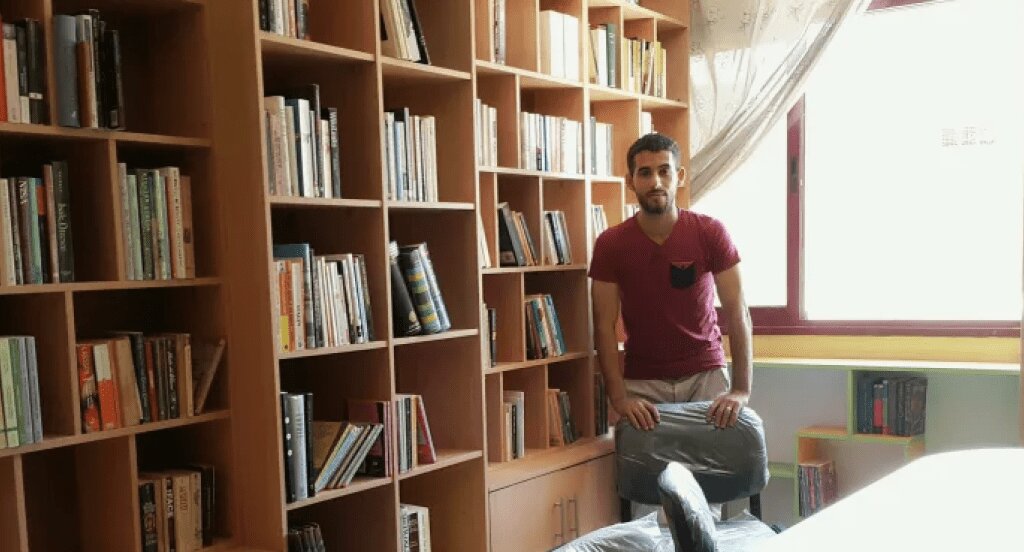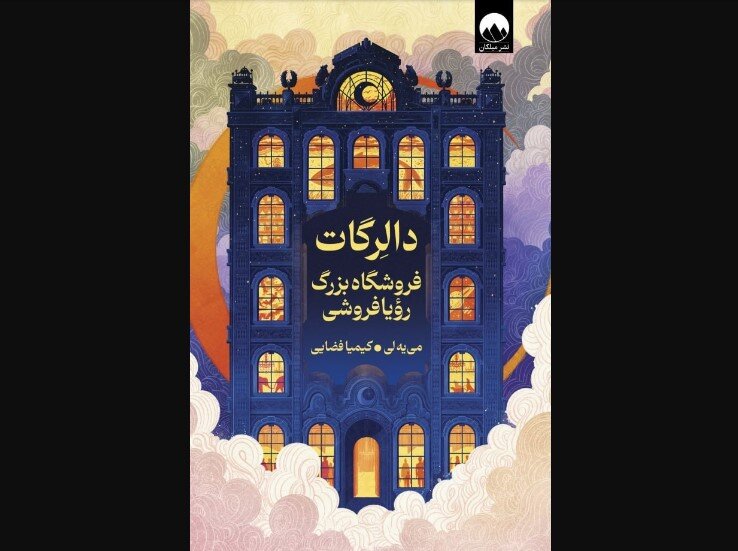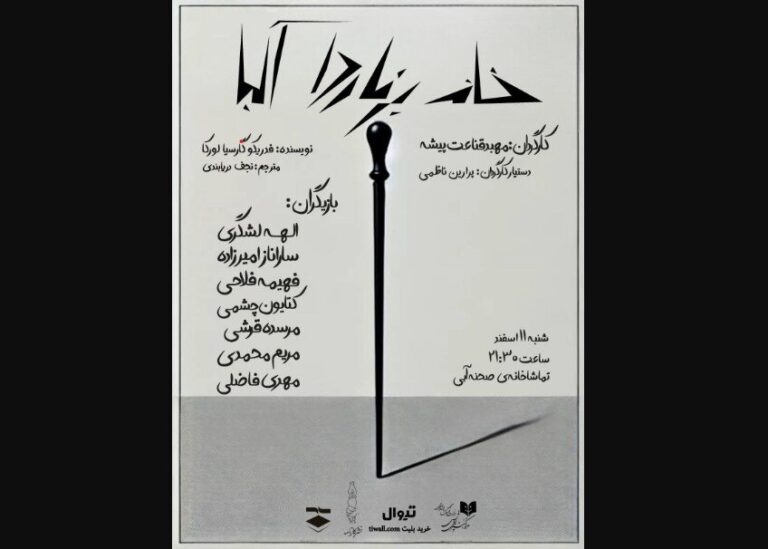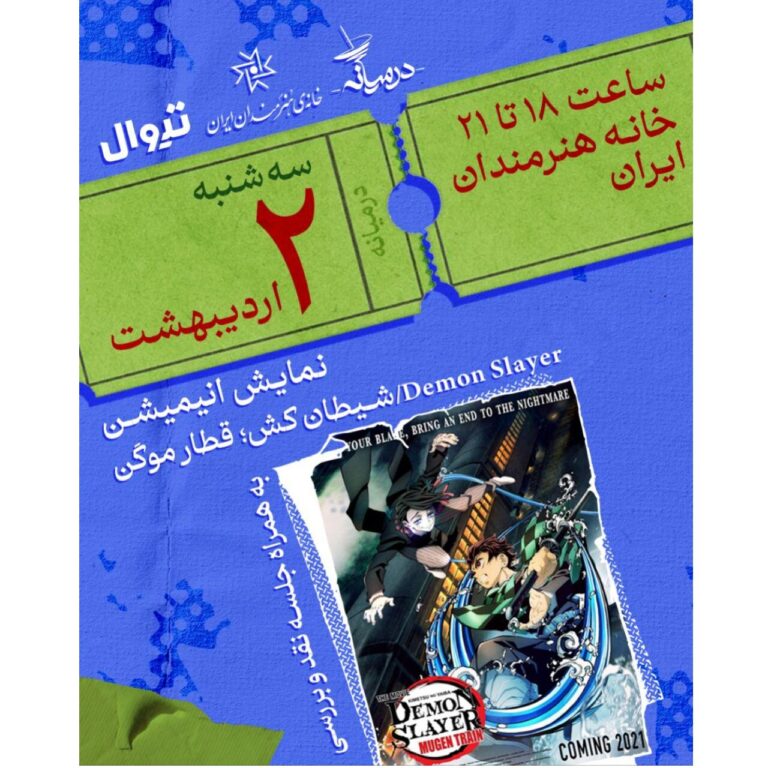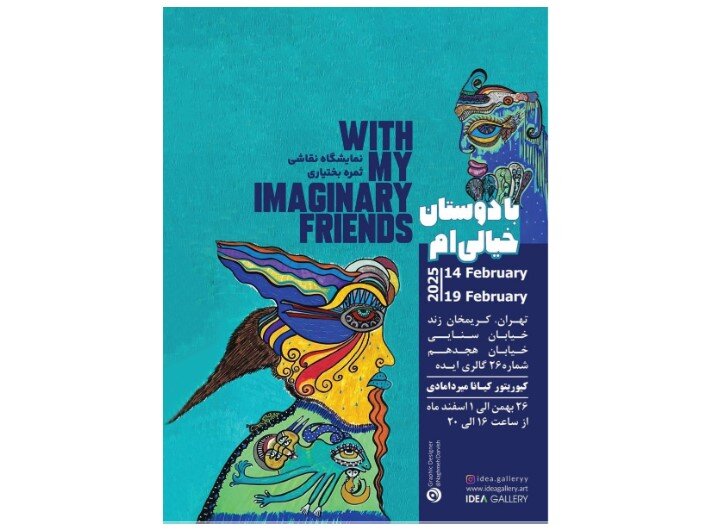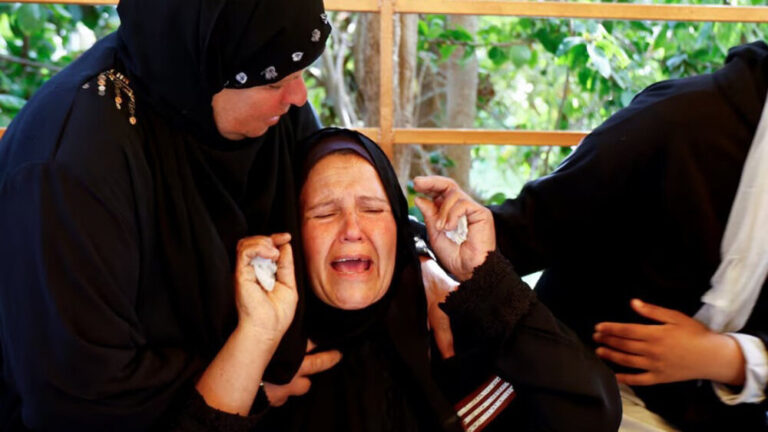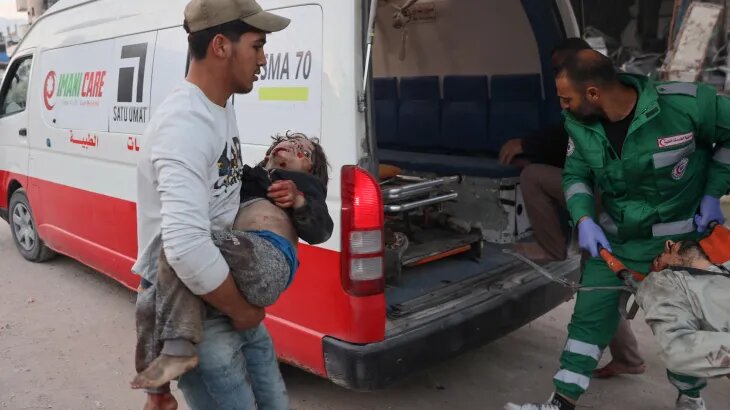Palestinian Poet Wins Pulitzer Prize, Amplifying Gaza’s Heartfelt Struggles
Palestinian poet and writer Mosab Abu Toha has made headlines by winning the prestigious 2025 Pulitzer Prize for Commentary for his impactful essays featured in The New Yorker. His writing, deeply influenced by his experiences living under siege in Gaza, sheds light on the daily struggles and horrors faced by Palestinians, resonating with readers on both a personal and poetic level.
Despite receiving one of journalism’s highest honors, Abu Toha expressed his inability to celebrate due to the ongoing plight of his loved ones who remain trapped and starving. His win represents a significant moment of recognition for the Palestinian narrative, as reported by Scoop Empire.
Born and raised in Beit Lahia, located in northern Gaza, Abu Toha’s life has been profoundly affected by the repeated assaults on the strip. He has faced exile and the sorrowful loss of numerous relatives and friends, shaping his voice as a prominent literary figure in Gaza.
At the young age of 16, Abu Toha survived an airstrike, an experience that left lasting scars. In the aftermath, he turned to literature as a means to process his trauma and preserve the memory of those lost. His commitment to storytelling has positioned him as one of Gaza’s most influential literary voices.
In 2017, he took a significant step to promote literary culture by founding the Edward Said Library, Gaza’s first English-language library. This initiative provided young people with access to a wealth of global literature, quickly becoming a vital cultural resource for many in the region.
Tragically, the Edward Said Library was destroyed during an Israeli airstrike in January 2024. This event exemplifies the ongoing erasure of culture and memory that Abu Toha eloquently documents in his work.
In 2023, Abu Toha faced another harrowing experience when he attempted to flee Gaza with his wife and three children. At an Israeli checkpoint, he was abducted, separated from his family, beaten, and interrogated. His release came only after significant pressure from friends and supporters abroad. Reflecting on this ordeal, he described it as “the most traumatizing experience of my life.”
Eventually making his way to the United States, Abu Toha’s concerns for his family’s safety and well-being continue to haunt him. His award-winning essays, published in The New Yorker in 2024, masterfully blend memoir and reporting, vividly portraying the physical and emotional toll of the genocide in Gaza.
- Background: Mosab Abu Toha was born in Beit Lahia, northern Gaza.
- Significant Life Events: Survived an airstrike at 16 and founded Gaza’s first English-language library.
- Impact of War: His family has suffered due to ongoing violence and loss in the region.
- Award Recognition: Received the Pulitzer Prize for essays that highlight the Palestinian experience.
Abu Toha’s work is not just a reflection of his personal experiences; it serves as a powerful voice for the Palestinian people, narrating their struggles and resilience in the face of adversity. His essays invite readers to engage with the harsh realities of life in Gaza, fostering a deeper understanding of the ongoing conflict.
As more people become aware of the Palestinian narrative through Abu Toha’s writing, the hope is that it will lead to increased empathy and action toward resolving the humanitarian crisis in the region. His recognition at the Pulitzer level amplifies the message that stories of resilience and resistance need to be heard and acknowledged globally.
In summary, Mosab Abu Toha’s journey from a besieged land to receiving one of journalism’s highest honors illustrates the power of literature in the face of oppression. His ongoing commitment to documenting the Palestinian experience not only enriches contemporary literature but also serves as a reminder of the urgent need for change and justice in Gaza.
